We know that students looking for a program to help them improve their applications to medical school (or another advanced healthcare professional program) have many choices. Students who are interested in the Tiber Health Master of Science in Medical Sciences (MSMS) ask us great questions about the program and what it can offer them. Here are a few of the questions we hear most often.
Is the MSMS Accredited?
Tiber Health only partners with regionally accredited US universities. Regional accreditation is conferred at the level of the institution and indicates that the programs and instruction offered by that institution meet the accreditor’s quality standards.
When you pursue the MSMS at Ponce Health Sciences University (PHSU) or one of our partner schools, you are studying with an institution that is selected not just for its accreditation status, but also for its demonstrated excellence in health science education and its commitment to diversifying the health professions.
In addition, the MSMS curriculum mirrors the first year of coursework for PHSU medical students. Like other US medical schools, the PHSU School of Medicine is accredited by the Liaison Committee on Medical Education (LCME).
When and Why Did the MSMS Get Started?
The MSMS was developed throughout the 2010s by educators at PHSU School of Medicine under the leadership of Dr. David Lenihan, President of PHSU and CEO of Tiber Health. We began to offer the MSMS to partner schools in 2019.
The goal of the MSMS is to address two issues facing American healthcare: the looming shortage of physicians and other health professionals, and the lack of diversity in the health professions. For example, in its most recent report on the physician workforce, The Complexities of Physician Supply and Demand: Projections From 2021 to 2036,the American Association of Medical Colleges (AAMC) anticipates that there will be a shortfall of 13,500-86,000 physicians in the US by 2036 (p. 5).
This shortage will have the greatest impact on communities that are already underserved by the healthcare industry, including rural communities, low-income urban communities, and communities with higher proportions of under-represented minorities.
By helping talented students from a wide range of backgrounds complete their preparation for medical and health professional schools, the Tiber MSMS is contributing to a stronger healthcare workforce that better meets the needs of all patients.
How Does the Tiber Master of Science in Medical Sciences Work?
The Tiber MSMS works by combining a strong curriculum, state-of-the-art educational technology, predictive analytics, and personal support from partner school faculty and staff.
Students participate in classes via a dynamic or “flipped” classroom model. They watch lectures and complete initial learning activities online, then tackle more complex learning activities in class. These activities can include digging into clinical case studies, virtual dissections, or instructor-moderated discussion.
Throughout class, students interact with touchscreens and other devices that generate data points about their understanding of concepts and performance on tasks. All this data provides students and instructors with insight into the student’s strengths and weaknesses–insight that can be used to focus study on specific topics Through predictive analytics, that data also helps provide a projection of whether the student would pass or fail Step 1 of the US Medical Licensing Exam (USMLE Step 1).
With all this data, faculty and staff at the partner school can help guide the student’s efforts in applying to medical school, dental school, or another health professional program as they progress toward graduation. With the USMLE Step 1 projection, students have another data point they can show admissions committees when they do apply.
What Does the Tiber MSMS Teach?
As mentioned above, the Tiber MSMS teaches coursework equivalent to the first year of pre-clinical studies at an LCME-accredited US medical school. Courses include anatomy and physiology, neuroscience, biochemistry, and other key science topics. We also teach a course in medical ethics and another that examines healthcare disparities.
Although the curriculum mirrors an MD program, the knowledge and skills students learn can apply to a range of other health professions, including:
- Dentistry
- Podiatry
- Chiropractor
- Physician associate (physician assistant)
- Optometry
- Pharmacy
Students will also be well-placed for careers in high-tech medical sales, research, and more.
Do Grads Succeed in Getting into Medical School?
Yes! As of 2022, we are proud to say that our students are achieving their goals. For example:
- 77% of MSMS graduates received admission into their desired professional program
- 65% of students received admission into medical school after completing the program
- 44% of MSMS graduates continued into PHSU’s School of Medicine
The top 20% of Tiber MSMS graduates who apply to PHSU’s School of Medicine will be automatically granted an interview. We also offer other linkage opportunities depending on the partner school you choose.
Where Can I Find a Tiber MSMS Program Near Me?
The Tiber Health MSMS is available in multiple states and Puerto Rico, with more partners joining us regularly. While most of our University Partners offer the MSMS curriculum on campus, some offer it in a part-time online format.
Find a program near you by visiting this link. Good luck with your medical school goals!



